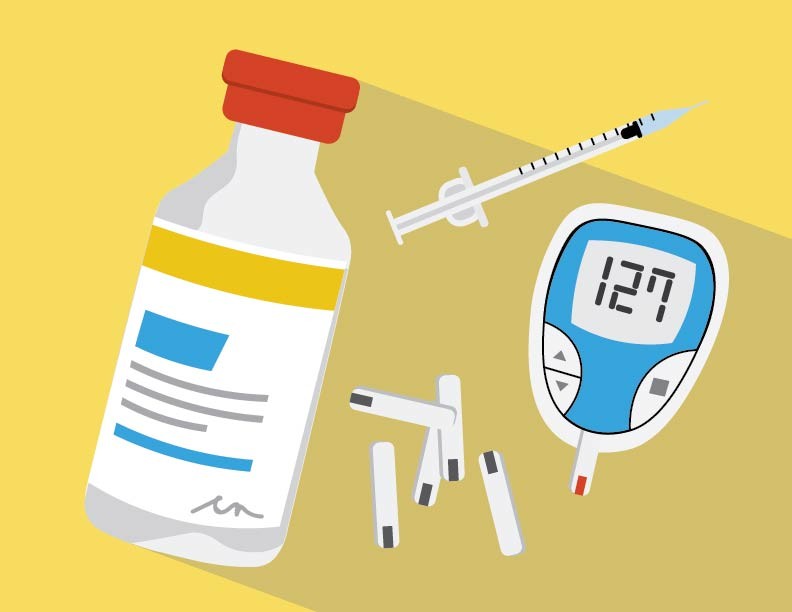Minnesota lawmakers have called for an emergency session to pass legislation that would improve insulin access after a similar bill failed to pass the legislature earlier this year.
Governor Tim Walz called on Senate Majority Leader Paul Gazelka, R-Nisswa, Thursday to start negotiations that would iron out the differences between Democratic and Republican insulin access proposals, which were released last month. More than 460,000 Minnesotans have diabetes, according to the American Diabetes Association. Rising insulin prices have caused some Minnesotans to ration their insulin, which can lead to significant health problems, lawmakers and diabetics say.
House Democrats introduced an updated version of the Alec Smith Emergency Insulin Act, which failed to pass this spring. The bill is named after a 26-year-old Minnesotan who died because he was unable to afford insulin after aging off of his mother’s insurance.
The proposal would charge major insulin manufacturers a fee to establish a fund allowing pharmacies to dispense up to a 90-day insulin prescription to patients who need an emergency refill but cannot afford it.
After gathering public input over the summer, legislators altered the proposal, allowing patients to request and receive insulin on the same day, and lowered eligibility requirements. But the proposal maintains the same goals, said sponsor Rep. Mike Howard, DFL- Richfield.
“Structurally, [the proposal is] still the same in that we’re creating a safety net for Minnesotans most in need to be able to come to their pharmacist and get an emergency supply of insulin,” he said.
The Republican proposal in the Senate would require manufacturers to supply doctors with insulin at no cost. Eligible patients would apply online and visit a doctor to receive up to a 120-day insulin prescription, but would not be able to receive insulin on the day they request it.
The proposal’s sponsor Sen. Eric Pratt, R-Prior Lake, said his plan would provide long-term access to insulin that is not available in the Democratic proposal.
“We still need to come up with an emergency solution, but we wanted to roll out … the structure of what we were talking about to get the conversation going,” Pratt said.
Bridget Considine, a University of Minnesota sophomore with Type 1 diabetes, said she supports providing emergency insulin access because waiting to see a doctor could make health issues worse for patients who need insulin immediately. Combining the Republican and Democratic approaches would provide the most comprehensive solution, she said.
The cost of diabetes includes more than just insulin. Other supplies, like testing strips and insulin pumps, are expensive for those without insurance, Considine said.
“Insulin is one aspect of so many other things,” she said.
Heather Levy, a University senior and president of the campus student group College Diabetes Network, said some people think that less expensive generic forms of insulin act the same way as more expensive prescribed insulin. While less expensive forms were once used widely, newer forms are fast-acting and more effective in stabilizing blood sugar.
Because of its effectiveness, prescription insulin needs to be made more affordable, Levy said.
“Some people can’t afford the prescriptions,” she said. “But it’s a big misunderstanding that they’re the same.”
Pratt said he would like to see Walz take a more significant role in insulin access discussions. But Howard said he is optimistic that a bipartisan agreement can be reached.
“It isn’t hyperbole that lives are at stake. We really need to get this passed as soon as we can, and so I do think a special session is warranted,” Howard said.







